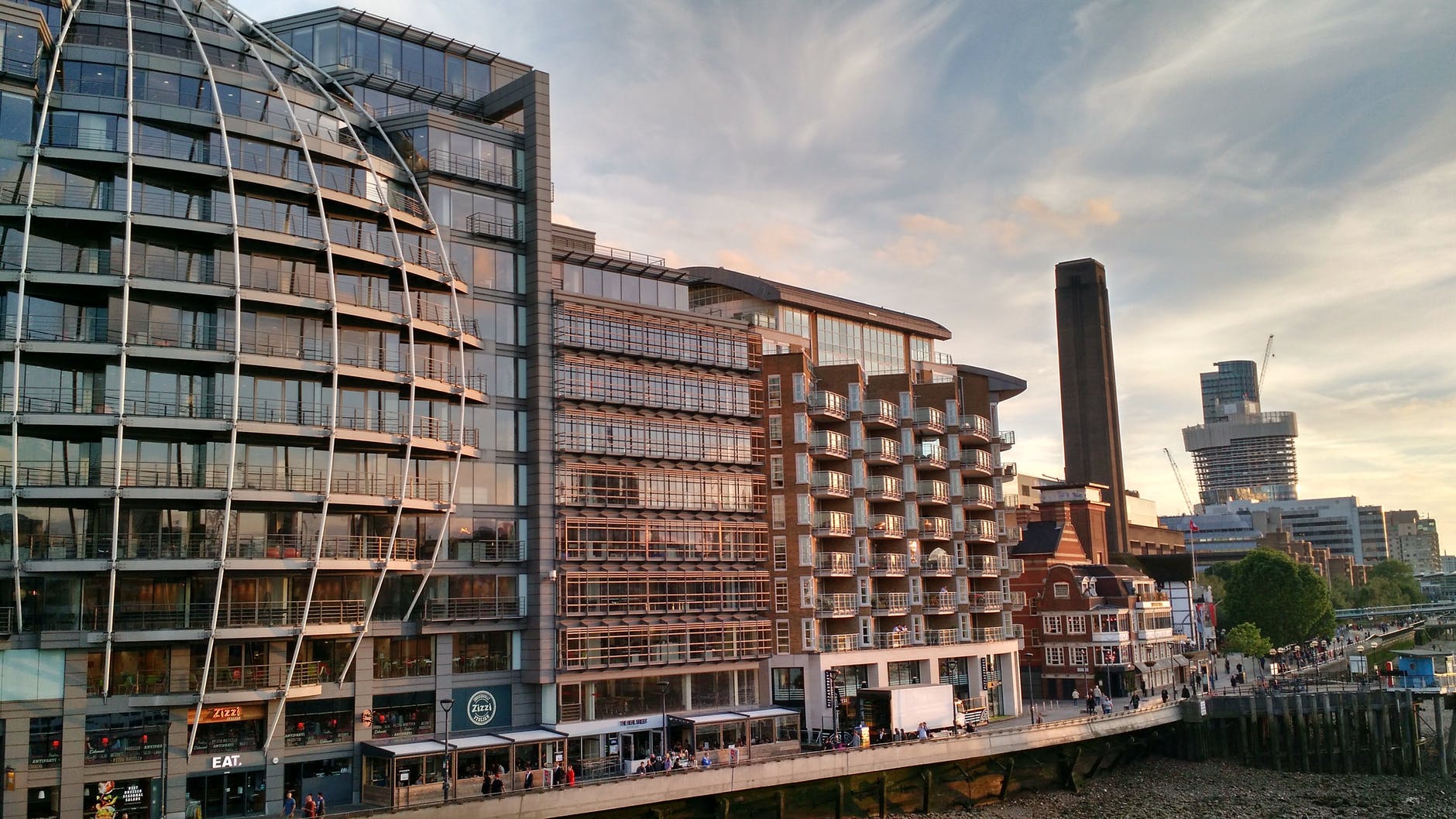
In the decision on Test Claimants in FII Group Litigation v HMRC handed down on 20 November 2020, the Supreme Court overturns decision of House of Lords in relation to the application of Section 32(1)(c) of the Limitation Act 1980, and unanimously allowed the appeal arising in the course of long-running proceedings known as the Franked Investment Income (“FII”) Group Litigation.
Background
The FII Group Litigation brings together many claims against the appellant, the Commissioners for Her Majesty’s Revenue and Customs (“HMRC”), concerning the way in which advance corporation tax and corporation tax used to be charged on dividends received by UK-resident companies from non-resident subsidiaries.
The respondents to the appeal are claimants within the FII Group Litigation whose cases were selected to proceed as test claims on certain common issues (“the Test Claimants”).
The Test Claimants seek repayment by HMRC of the tax wrongly paid, together with interest, dating back to the UK’s entry to the EU in 1973.
Under Limitation Act 1980, as a general rule, restitutionary claims for recovery of money must normally be brought within six years from the date on which the money was paid. In the meantime, Section 32 provides postponement of the limitation period in case of “mistake”. According to Section 32(1)(c), the limitation period for “action for relief from the consequences of a mistake” only begins to run when the claimant has “discovered the mistake” or “could with reasonable diligence have discovered it”.
In appealing to the Supreme Court, HMRC argued that Section 32(1)(c) only applies to mistakes of fact and not mistakes of law, or alternatively that the Test Claimants could reasonably have discovered the mistake over six years before their claims were first issued in 2003. Either way, HMRC contends that a proportion of the claims would be barred due to time limitations. HMRC invited the Supreme Court to depart from the decision on Deutsche Morgan Grenfell on the basis that it had been wrongly decided.

Judgment
The Supreme Court has confirmed that section 32(1)(c) of the Limitation Act 1980 (LA 1980) applies to claims for the restitution of money paid under a mistake of law. It has also ruled that time begins to run from when the claimant could have recognised that it had a worthwhile claim, not from when the true state of the law was established by a decision of a court of final jurisdiction. This is a remarkable departure from the settled case law, Deutsche Morgan Grenfell Group plc v Inland Revenue Comrs [2006] UKHL 49. The Supreme Court held that House of Lords for Deutsche Morgan Grenfell was wrong in tying the date when the claimants discovered or could with reasonable diligence have discovered the mistake to the date of a decision by a court of final jurisdiction.
Comments
As we can see from the above, the mechanical test of discoverability of “mistake” in Deutsche Morgan Grenfell was based on the date of a decision by a court of final jurisdiction. In overturning the decision made by House of Lords in this case, the Supreme Court replaced the mechanical test of discoverability with a new test based on the date when the claimant could have been aware that it had a ‘worthwhile claim’ sufficient to merit obtaining legal advice and commencing the preliminaries to issue a claim.
The Supreme Court’s unanimous decision to depart from Deutsche Morgan Grenfell is less surprising, this is because limitation periods shall apply regardless of whether substance of the claim is disputed, or whether there is in truth a well-founded cause of action.
In addition, the approach adopted in Deutsche Morgan Grenfell will lead to an illogical consequence that mistakes will not be discoverable by a claimant until after he has issued a claim on the basis of the mistake.
The correct approach therefore is that time under section 32(1)(c) begins to run when the claimant discovers, or could with reasonable diligence discover, his mistake in the sense of recognising that a worthwhile claim arises.
This new test is objective. “Reasonable diligence” requires claimants to “establish on the balance of probabilities that he could not have discovered the mistake without exceptional measures which he could not reasonably have been expected to take”. The burden of proof is on the claimant.

Have questions? We are here for you!
Lisa’s Law is open for business. We are ready to provide you with a fantastic legal service and there are many ways for you to contact us.
Call us on 020 7928 0276, phone calls are operating as usual and will be taking calls from 9:30am to 6:00pm.
Email us on info@lisaslaw.co.uk. Our caseworkers are tending to their cases with the same professionalism and efficiency as always.
Use the Ask Lisa function on our website. Simply enter your details and leave a message, we will get right back to you:
https://lisaslaw.co.uk/ask-question/
Or, download our free app! You can launch an enquiry, scan over documents, check progress on your case and much more! There is no need for you to leave your house at all when dealing with us.
Links to download below:
iPhone: https://apps.apple.com/us/app/lisas-law/id1503174541?ls=1
Android: https://play.google.com/store/apps/details?id=com.lisaslaw





























